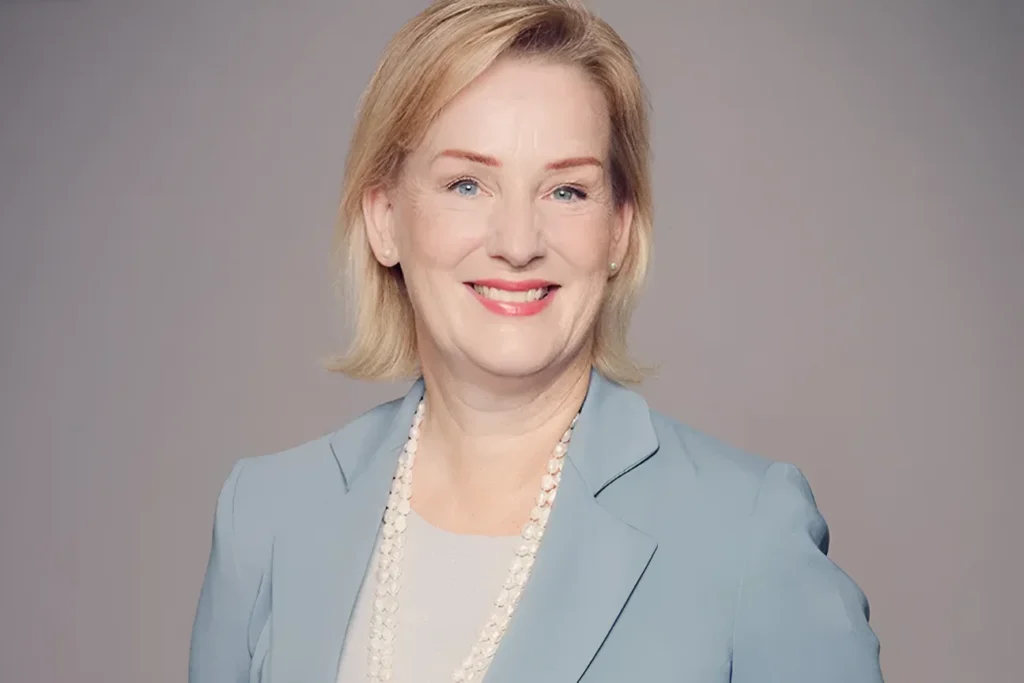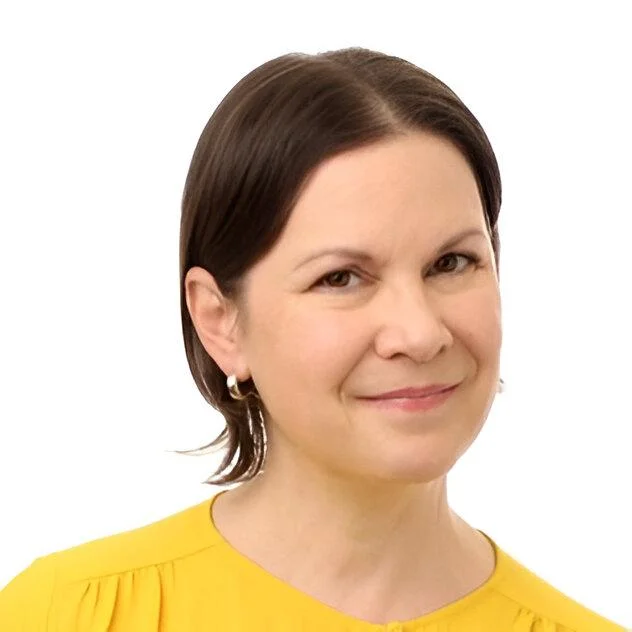News and Politics
Spanish Parliament Bans Bullfighting

Spain’s parliament has banned “comic” bullfighting events with dwarves in costumes, aligning with EU directives against discrimination towards people with disabilities.
The decision was met with praise by disability rights groups and criticised by a few remaining performers who staged a protest outside the parliament.
The tradition of dwarves dressed as firefighters or clowns chasing bulls without killing them has declined in popularity and was seen as mockery towards people with dwarfism.
Featured
World Autism Awareness Day 2024

On April 2nd, World Autism Awareness Day is commemorated with a singular purpose: to raise visibility for individuals with Autism Spectrum Disorder (ASD) and their families, while simultaneously promoting respect and the full exercise of their rights.
In recent years, there has been significant progress in raising awareness and acceptance of autism. Much of this progress is attributed to the tireless efforts of advocates who have shared their lived experiences as autistic individuals. Additionally, health professionals, researchers, and academics have embraced the paradigm of neurodiversity a concept coined by sociologist Judy Singer in the late 1990s.
This approach diverges from the notion of “curing” or “changing” autistic individuals and instead focuses on acceptance, support, and inclusion. Neurodiversity recognizes the natural variation among brains and advocates for a more inclusive and respectful perspective toward people on the autism spectrum.
The United Nations General Assembly unanimously proclaimed April 2nd as World Autism Awareness Day. The day aims to remind society of the importance of enhancing the quality of life for individuals with autism and facilitating their full integration into social fabric.
This year’s theme is “From Survival to Prosperity: Autistic People Exchange Ideas About Their Region.” For the first time, a truly global vision is sought, conveying the state of neurodivergent individuals and their allies worldwide. To achieve this, autistic experts from various professions and social conditions will convene at the United Nations headquarters to share their experiences and work toward implementing the Sustainable Development Goals (SDGs) with the goal of improving the quality of life for autistic individuals.
United Nations. (2024, 2 abril). (Part 1) Autism Awareness Day – Africa & Asia: Moving from Surviving to Thriving | United Nations [Vídeo]. YouTube.
In this article, we will highlight some of the profiles that will attend this meeting. Thanks to their participation, they will positively contribute to the lives of many people.
Charlotte Valeur, Denmark/U.K.

Charlotte Valeur/ Sofia Harkin
Charlotte Valeur, with over 35 years of finance experience, began her career as an investment banker in Denmark and the UK. She excels as an FTSE Chair, Non-Executive Director, and corporate governance expert. Through her company, Global Governance Group, she provides training and advisory services. Charlotte has directed eight public companies, including overseeing an $8 billion merger. She also contributes to unlisted firms, such as Laing O’Rourke and the Institute of Neurodiversity (ION), which she founded and chairs.
Matthew Punter, U.K.

Mattew Punter/ linkedin.com/in/matthew-punter-968bba21a
Matthew Punter, a first-year psychology PhD student at the University of Bath in the U.K., is dedicated to addressing the employment gap for individuals with autism. With funding from the Centre for People-Led Digitalization, he focuses on digital solutions. Despite being labeled the “Worst Kid from Leicester,” Matthew returned to education at 17 after a decade-long hiatus. He swiftly acquired basic literacy skills and independently prepared for university admission, ultimately receiving offers from both Cambridge and Bath. Matthew now embraces the unique aspects of his neurodiverse experience, aiming to show that differences are not dysfunctional. His goal is to highlight the potential of those on the spectrum rather than their challenges.
Dr. Patrick Druggan, Scotland

Figure 2Patrick Druggan / linkedin.com/in/dr-patrick-druggan-2806786
Patrick Druggan hails from Glasgow and pursued his education there. His upbringing was marked by challenges: his father worked as a laborer, while his mother toiled in a biscuit factory. At school, Patrick faced daily corporal punishment from the age of six until he turned fourteen. Despite being labeled as “lazy” due to his reading difficulties and disruptive behavior, Patrick possessed a keen eye for spotting teachers’ errors.
Later in life, at the age of 32, Patrick’s journey took an unexpected turn. He embarked on a part-time Ph.D. program, focusing on something he had invented. His dedication bore fruit, resulting in the submission of four patents stemming from his doctoral research. But the story doesn’t end there. In his fifties, Patrick received additional diagnoses: dyslexia, ADHD, and autism. These revelations shed light on his unique perspective and strengths, emphasizing that our differences can be sources of innovation and resilience. Patrick’s journey exemplifies the power of determination and the ability to overcome obstacles, even when faced with adversity.
Lara Schaeffer, United States

Figure 3Lara Schaeffer / https://www.linkedin.com/in/laraschaeffer/
Lara Schaeffer, a late diagnosed autistic individual, is the founder of Autism Discovery. In response to the various challenges associated with standard autism assessment such as cost, access, wait times, and inherent bias, she has pioneered Guided Self-Assessment for Adults. Lara not only mentors late-diagnosed autistic teenagers and adults but also advocates passionately for autism awareness. Her journey began when she received her own autism diagnosis at the age of 47, shortly after her daughter’s diagnosis during her teenage years. Through her online blogs and an active public speaking schedule, Lara continues to champion the cause and support fellow late identified autistic individuals while promoting self-diagnosis and identification.
By: Álvaro Lago
For latest updates Download P+us app available on Google App Store
Featured
Kevin Williams, An Advocate Of Disability Rights has passed away at 57

Kevin Williams, a Colorado civil rights attorney who spent his career fighting for the rights of people with disabilities, died on February 10, 2024 after a brief illness. He was 57 years old.
Williams served as the legal program director for the Colorado Cross-Disability Coalition (CCDC), a non-profit organization that fights for social justice and systemic change for people with all types of disabilities. He joined the CCDC in 1997, shortly after graduating from the University of Denver’s Law School.
Williams was a quadriplegic, paralyzed from the chest down following a vehicle accident when he was 19. He used his personal experience and legal knowledge to combat prejudice and impediments faced by persons with disabilities in a variety of settings, including public transportation, housing, health care, education, and employment.
He was involved in various lawsuits and settlements that led to increased accessibility and participation for individuals with disabilities in Colorado and elsewhere.
Some of his major cases were:
Filing a lawsuit against his own law school for breaching the Americans with Disabilities Act (ADA) and establishing a wheelchair-accessible graduation site.
Bringing a lawsuit against the United States Olympic Committee for discriminating against Paralympic competitors and denying them equitable funding and training opportunities.
Requiring the operators of Red Rocks Amphitheatre to provide accessible parking, seating, and tickets for those with disabilities.
Obtaining a court order prohibiting the Denver Regional Transportation District from purchasing inaccessible buses and ordering them to conform with the ADA.
Negotiating a settlement with the Colorado Department of Health Care Policy and Financing to allow people with disabilities to obtain long-term services and supports in their own homes and communities rather than institutions.
Williams was also a mentor and pioneer in the disability rights movement, inspiring and educating new lawyers and activists to carry on his legacy. He was known for his enthusiasm, brilliance, and sense of humor, as well as his compassion and regard for others.
“Kevin was a brilliant lawyer, a fierce advocate, and a dear friend,” said Julie Reiskin, CCDC’s executive director. “He improved the lives of many people with disabilities and made the world a better place for everyone. He will be deeply missed, but his work will continue.”
By: Rowland Obiosah
For latest updates Download P+us app available on Google App Store
Featured
KPMG in Canada Strengthens Employee and Community Commitment For People With Disabilities

KPMG Canada, a renowned professional services business, has launched its first multi-year disability inclusion action plan for people with disabilities, confirming its commitment to achieving fairness and fostering an inclusive culture.
The Action Plan, created in collaboration with employees, clients, and external groups, details over 40 steps that KPMG will take to support its employees with visible and hidden disabilities, as well as employees who care for persons with disabilities. These activities include improving accessibility and accommodations, raising education and awareness, promoting representation and advancement, and fortifying community connections.

The Action Plan is consistent with the principles of the Accessible Canada Act, which aims to make Canada barrier-free for individuals with disabilities by 2040. It also expands on KPMG’s current inclusion, diversity, and equity strategy, which addresses numerous aspects of diversity such as gender, color, ethnicity, sexual orientation, and religion.
One example of KPMG’s inclusive approach to employee benefits is the everyday living equipment benefit, which pays for equipment or gadgets that help employees with impairments do everyday tasks, such as hearing aids, wheelchairs, or prosthetic limbs.
KPMG, one of the largest professional services companies in the world, has launched a pilot program that aims to recruit from the neurodivergent talent pool. This talent pool is a group of individuals who may have neurological differences such as autism, ADHD, or dyslexia. The program aims to foster a more diverse and inventive workforce by tapping into the unique strengths and abilities of neurodiverse individuals.
KPMG has collaborated with Specialisterne Canada, a social enterprise that assists employers in recruiting and retaining neurodiverse talent, to develop this program. Specialisterne Canada provides support and training to neurodiverse individuals to help them succeed in the workplace. By partnering with Specialisterne Canada, KPMG hopes to create a more inclusive and supportive environment for neurodiverse individuals.
The program is designed to provide neurodiverse individuals with the opportunity to showcase their skills and abilities in a professional setting. It offers a supportive and inclusive work environment that accommodates their unique needs and allows them to thrive.
KPMG’s objective is to represent and reflect the varied communities in which it operates, as well as to foster a workplace culture in which everyone has the chance to join, advance, belong, and succeed. By implementing its Disability Inclusion Action Plan, KPMG intends to inspire people to see inclusion and diversity as sources of strength and value.
By- Rowland Obiosah






